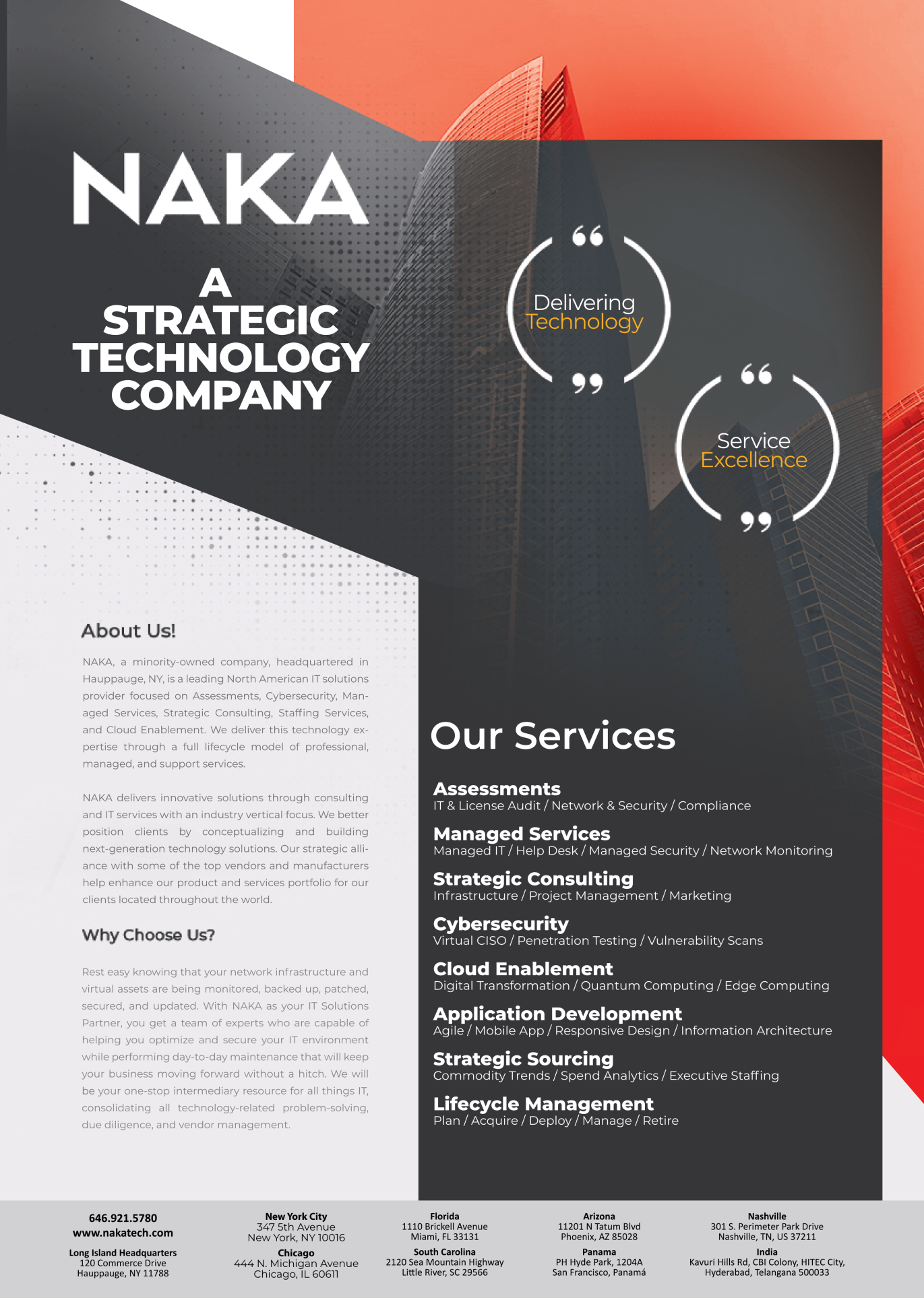Modernization need for Digital Transformation

Modernization need for Digital Transformation
Globalization has transformed the world in more ways than expected. With the pandemic in play, the world has been on a constant shift in every dimension. Technologies are introduced and deducted based on current needs. The information technology industry has also changed over time.
With the evolution of the IT industry, data architecture has seen a deep shift from legacy systems to modern data centers. With the world connected so well, data is being produced on a vast scale every single day. This requires a more efficient and well-managed data architecture.
Migration to the cloud is an efficient way to manage the plentiful data produced. By and large, the transition to the cloud has been a natural one. The cloud provides agility, flexibility, and cost efficiency, but it also poses a risk to data security, which must be planned for. Modernizing is a way for an organisation to stay competitive.
Companies have been modernizing at a very fast pace. As per a survey conducted in the USA by Statista in 2019, 34% of the respondents stated that their firms have completely implemented data modernization technology, while the other 50% are in the implementation process.The data shows the adaptation rate clearly.
What is Data Modernization?
Understood as analogous to cloud migration, data modernization is migration of all structured and unstructured data to the cloud from the legacy based databases. Data Modernization increases the agility, flexibility and efficiency of the data architecture.
The data on cloud has been a blessing for the organisations during the pandemic period.The faster data accessibility has given firms the leverage to quickly mobilize the on-site working infrastructure to remote during covid-19. But, there have been security loopholes in the architecture. So, a well planned data modernization strategy is required to maintain governance and data security all over the cloud. Well, NAKA can help you with that.
Why Data Modernization for Digital Transformation?
An organisation can get better results from the data using data modernization. Compared to legacy systems, data modernization provides more flexibility, additional data capacity, and advanced tool implementation. In terms of operational benefits, data modernization has more to offer.
- Reliable Business Growth
Data modernization enables remote workers to access data as well. This strengthens the organisation’s data infrastructure and serves as a safeguard to maintain the organisation’s performance.
- Streamlined Data Processing
The way data on the cloud is connected, makes it easy to access and process data. The time required to collect, correlate and process data has reduced significantly.
- Exceptional Decision Making
Data Modernization grants easy access to data that makes data processing and collaboration on projects easier. With better data access, the time efficiency improves considerably causing faster and exceptional decision making.
- Accessible Databases
Data Modernization grants easy access to data resulting in improved efficiency, better performance and boost the profit margins. Accessible databases allow flexible and scalable operations.
- Technology Adaptation
Legacy systems may fail to adapt a new technology in the market due to lack of infrastructure, costing and flexibility issues, but with cloud, it becomes easier to adapt upgraded technology without much financial investment.
The Cloud and Data Modernization
Cloud has changed the data game dramatically over the time. Once we start talking about data modernization, it is impossible to not discuss the rise of the mighty cloud technology that has taken over like the king.
The integration of cloud and data center is Data modernization. Cloud is the key factor of data modernization. Though, it is not important for a company to entirely shift the database from legacy systems to cloud considering the hybrid infrastructure, cloud is essential for modernization.90% of the big companies have adapted multi-cloud technology. The fact is enough to justify the efficiency of the technology.
Cloud is reliable and ensures better results! How?
Cloud computing has advantages over other technologies, allowing it to deliver better performance at a lower cost. As a result of huge benefits, 60% of corporate data is now stored in the cloud.
Cloud offers flexibility, agility, deeper insights, easier data access, enhanced capacity and cost effectiveness all at the same time, which makes it an obvious choice of companies. The other added advantages in the list are better security, increased collaboration, better disaster recovery and loss prevention.
All these benefits have made cloud technology rise to its current position and the cloud market is on expansion. According to Gartner, Spending on public cloud services could reach nearly $600 billion by 2023.
Transform your Data to transform Digitally
Data Migration from legacy systems to cloud requires strategy, optimized planning and better operational implementation. The organisation needs experts to enable the transit of the data.
NAKA has been an efficient partner for different organisations over the years. Our organisation has helped other companies of various industries to manage their data smartly and efficiently. You can request a free consultation with the experts from NAKA now to make your data migration easy and effective.
Follow us on LinkedIn for the latest technology news & insights.



